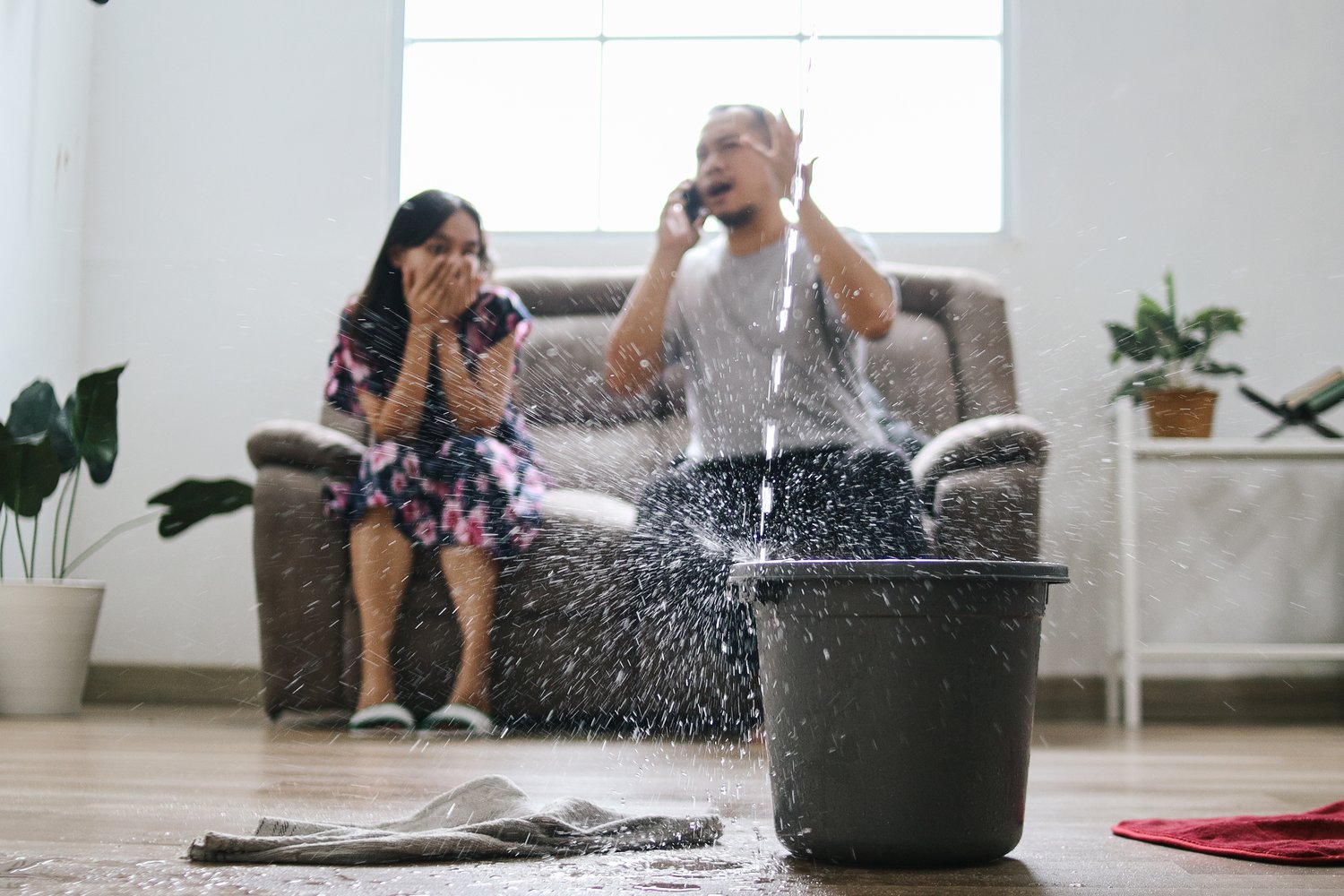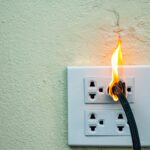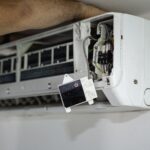When your water heater unexpectedly shuts down, the result could be more than just a cold shower; it can be a potential disaster with safety and financial repercussions. In the fast-paced environment of commercial catering, knowing how to respond swiftly and effectively to such emergencies can make all the difference. This article delves into crucial strategies you can implement when faced with a water heater shutdown, providing insights to safeguard your operations and maintain peace of mind.
- Discover the immediate steps to address an emergency water heater shutdown and mitigate any damage.
- Identify key causes of water heater emergencies, from electrical failures to water leaks, and learn how early detection can prevent escalation.
- Get practical advice on handling emergencies, including safety precautions and repair strategies to ensure a quick recovery.
By gaining an understanding of common water heater shutdown triggers and mastering effective response techniques, you can protect your equipment, ensuring operational stability and safety. Dive into this guide to enhance your readiness and prevent potential disruptions before they occur.
Effective Handling of Emergency Water Heater Shutdown: What to Do When Disaster Strikes
When disaster strikes, effectively managing a water heater shutdown can be crucial to minimizing damage and ensuring a speedy recovery. Whether it’s due to electrical failures, malfunctions, or unforeseen events, being prepared with the right approach can make all the difference.
Troubleshooting Tips for Water Heater Emergencies
Start by assessing the situation calmly. First, check for any unusual sounds, leaks, or odors coming from the water heater. Inspect the power supply and ensure that the circuit breaker has not tripped. If the issue is related to an electrical failure, it might require resetting the system or contacting a professional electrician.
If a water leak is evident, switch off the water supply valve immediately to prevent further flooding. It’s essential to clean up any standing water quickly to avoid damage to flooring and property.
Safety Precautions to Protect You and Your Property
Prioritize safety by shutting off the gas valve if your water heater is gas-powered. Make sure the area is well-ventilated to prevent the buildup of combustible gases. If you suspect a gas leak, evacuate the premises and contact your gas provider right away.
Remember to wear protective gear, such as gloves and safety goggles, when handling water heater emergencies. This can protect you from hot surfaces and sharp edges.
Swift Repair Strategies to Restore Operations
To address minor issues, consult the water heater’s manual for specific troubleshooting steps. For more complicated problems or if you’re unsure of the cause, it may be time to call in a professional plumber. An expert can assess the situation, perform necessary repairs, and ensure the water heater is operating safely and efficiently.
Consider routine maintenance and inspections as a preventative measure. Regular check-ups can help identify potential problems before they become emergencies, extending the longevity of your water heating system. Keeping your water heater in top condition enhances its performance and reliability, reducing the likelihood of an unexpected shutdown.
Managing a water heater shutdown doesn’t have to be overwhelming. By following these steps, you can ensure the safety and continuity of your water heating system.
Understanding Emergency Water Heater Shutdown: Steps to Take When Disaster Strikes
Unexpected malfunctions in water heaters can happen at any time, leaving many in a stressful situation. Knowing how to handle a water heater emergency shutdown effectively is crucial to maintaining both safety and functionality in your home.
When disaster strikes, several scenarios may necessitate an immediate response. Recognizing these emergencies and responding appropriately not only protects your equipment but also minimizes potential water damage to your property.
The first step is to ensure everyone’s safety by keeping them at a safe distance from the malfunctioning appliance. A clear understanding of your water heater’s operation can help you identify whether the problem stems from electrical components or plumbing issues. This knowledge can expedite the troubleshooting process.
Shutting off the power supply is often the most critical step in preventing further harm. For electrical water heaters, switch off the circuit breaker, thereby stopping the flow of electricity that could exacerbate the problem. Gas-powered units, on the other hand, require turning off the gas line to prevent leaks or ignite elements.
Never underestimate the importance of turning off the water supply in the event of a leak. Locate the water shutoff valve connected to your heater and close it. This action helps to prevent flooding and reduces undue pressure on damaged components.
After taking these initial steps, assess the situation further and consider consulting a qualified technician to address the underlying issues properly. Effectively managing water heater emergencies can save time and money, as well as ensure the continued comfort and safety of your household.
Key Causes of Water Heater Emergencies
Water heater emergencies often arise from various causes, each with distinct warning signs and solutions. By recognizing these potential causes early, you can take preventive actions to avoid severe breakdowns.
One of the most common triggers for an emergency shutdown is electrical failure, which can result from faulty wiring or malfunctioning circuit breakers. Regular checks and maintenance of electrical components are paramount to preventing such issues. Over time, overheating due to a rogue thermostat or sediment buildup within the tank might also contribute to failures.
Water leaks are another frequent cause of shutdowns. Leaks can occur due to corrosion of the tank or loose connections in the plumbing. Detecting leaks early through routine inspections can prevent extensive water damage and prolong the life of your water heater.
Pressure issues are also a notable cause. A malfunctioning pressure relief valve could lead to dangerous pressure buildup within the tank. Testing and replacing these valves as needed can avert emergencies.
Overloading the system by having a water heater that cannot meet your household’s demand leads to premature wear and, eventually, a shutdown. Proper sizing and periodic professional assessments ensure that the system fits your needs efficiently.
Taking a proactive approach through regular maintenance and inspections is vital in mitigating these causes, ensuring your water heater remains reliable and efficient for years to come.
Emergency Water Heater Shutdown FAQ
What should I do first when my water heater shuts down suddenly?
First, turn off the power supply to prevent any electrical hazards and then shut off the water supply to avoid flooding.
How can I identify if my water heater shutdown is due to an electrical failure?
Check the circuit breaker for any tripped switches and inspect the thermostat for malfunctions. Contact a professional if unsure.
What are the signs of a water leak in the heater causing shutdown?
Look for puddles around the heater or corrosion on the tank. A sudden drop in water temperature might also indicate a leak.
Can regular maintenance prevent emergency shutdowns?
Yes, regular maintenance such as flushing the tank and checking electrical components can help prevent unexpected shutdowns.
Is it safe to restart a water heater immediately after an emergency shutdown?
No, ensure safety by identifying and resolving the issue first. Restart only after a thorough check by a qualified technician.





